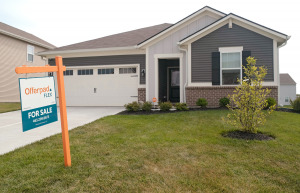
Some Americans saddled with credit card debt as rent, everyday prices remain high
Economists and experts see rising delinquencies as one of the growing risks to the economy this year, especially if student loans become too much for younger, debt-burdened Americans to handle.
















